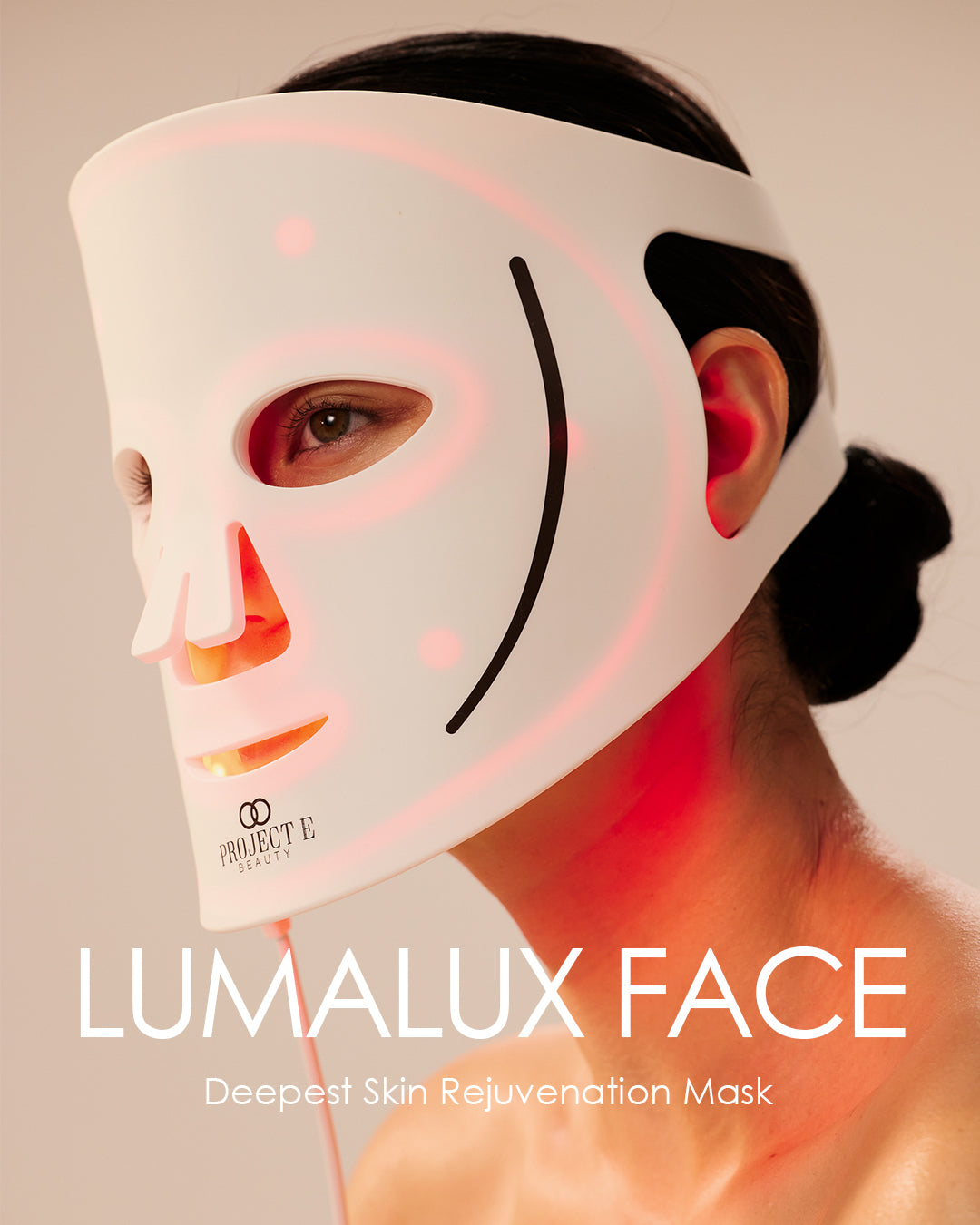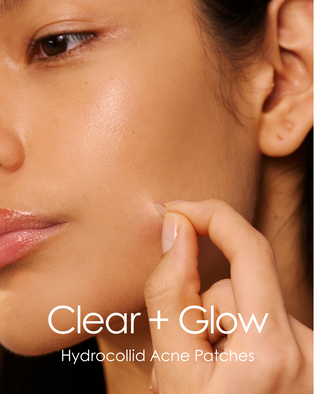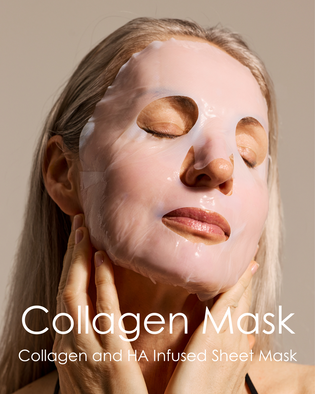
Who Should NOT Use Red Light Therapy?
Reading Time: 10-12 Minutes
IN THIS ARTICLE:
- 01 What is LED Light Therapy?
- 02 How Does Light Therapy Work?
- 03 What are the Benefits of Red Light Therapy?
- 04 What are the Risks of Red Light Therapy?
- 05 Which Conditions Can Red Light Therapy Treat?
- 06 Is Red Light Therapy Suitable for Everyone?
- 07 The Takeaway
While LED light therapy is widely recognized for being skin-friendly and non-invasive, it's essential to remember that it may not be suitable for everyone. Take a closer look at the boundaries of this transformative treatment, including individuals who may not be advised to undergo it.
What is LED Light Therapy?
LED light therapy, a popular form of phototherapy, is a non-invasive treatment method backed by research and proven results. This advanced approach utilizes specific wavelengths of light to target and activate the body's skin cells. By exposing the skin to these precise light wavelengths, LED light therapy addresses a range of skin concerns, promoting not only visible improvements but also enhancing overall skin health.
Thanks to advancements in beauty technology, LED light therapy can now be enjoyed in the comfort of your own home using portable devices.
How Does LED Light Therapy Work?
Similar to the natural process of photosynthesis, LED light therapy operates by exposing the skin to specific wavelengths of light, triggering a variety of biological processes. These light waves are absorbed by the skin, initiating responses that target specific skin issues like stimulating collagen, fighting inflammation, and refining skin tone and texture. This innovative approach not only facilitates skin rejuvenation but also promotes and helps maintain a more vibrant and healthier complexion.
How often should you use LED light masks? The recommended frequency is three to four times a week, for up to a maximum of 15 minutes a day.
What are the Benefits of Red LED Light Therapy?
Red light therapy presents a gentle yet potent solution for individuals facing challenges such as acne, inflammation, uneven skin tone, or signs of aging. Whether your goal is clearer skin, a more even complexion, or a rejuvenated radiance.
Looking to enhance your comfort during treatments? Opt for a lightweight Red LED light therapy mask crafted from silicone, such as this one.
What are the Risks of Red Light Therapy?
Is LED red light therapy safe? Can it irritate skin? This treatment is generally considered safe for the skin, as the devices use UV-free non-thermal LED bulbs that are specifically designed for the Red Light masks. However, it's important to be aware of potential risks, such as eye strain and sensitivity to light. Make sure to carefully follow the instructions, and if you experience any discomfort or unusual reactions.
The neck often goes overlooked in skincare, but it's time to give it the attention it deserves. Let your neck catch up with the benefits of Red Light Therapy by trying the LightAura Plus, a one-of-a-kind mask that includes a dedicated neck panel.
Which Conditions Can Red Light Therapy Treat?
LED light therapy is not a one-size-fits-all solution for skin conditions, but rather a powerful and effective tool for addressing them. While it may not provide a guarantee for every skin concern, it can improve symptoms associated with acne, inflammation, eczema, psoriasis, sun damage, and signs of aging.
By harnessing specific light wavelengths, this therapy precisely targets and activates cellular processes that actively promote healing and rejuvenation for a wide range of skin concerns. For instance, blue light is known to effectively target and eliminate acne-causing bacteria and regulate oil production.
Is Red Light Therapy Suitable for Everyone?
Although safe and proven effective, LED light therapy may not be suitable for everyone. Here are some considerations:
- Pregnant women, as there is limited research available regarding its safety during pregnancy or while breastfeeding. As a precautionary measure, we recommend that pregnant individuals refrain from using Red Light Therapy until further studies provide more conclusive evidence regarding its potential effects in these circumstances.
- Individuals with eye conditions - pre-existing eye conditions should be considered, as intense light may potentially aggravate these conditions.
- Individuals taking medications that make them sensitive to light - certain medications or treatments can increase sensitivity to light.
- Individuals with conditions that make them sensitive to light - not advised for those with conditions that make them sensitive to light, such as lupus erythematosus or porphyria.
- Individuals suffering from light-induced headaches, if prone to light-induced headaches or even migraines, red light therapy may potentially trigger or worsen symptoms.
The Takeaway
Whether you're combating acne, addressing wrinkles, or simply striving to maintain youthful skin, integrating Red Light Therapy can revolutionize your approach.
It's important to note that while light therapy may not solve all skin concerns, it’s clinically proven to be effective in managing and alleviating a range of skin conditions. So, why not illuminate your skincare routine and experience firsthand the transformative impact it can have on your skin?
If you have any questions about how to purchase light therapy devices from Project E Beauty, please contact Customer Support directly at hello@projectebeauty.com for assistance.

written by Charlotte Rycroft
















Leave a comment
This site is protected by hCaptcha and the hCaptcha Privacy Policy and Terms of Service apply.